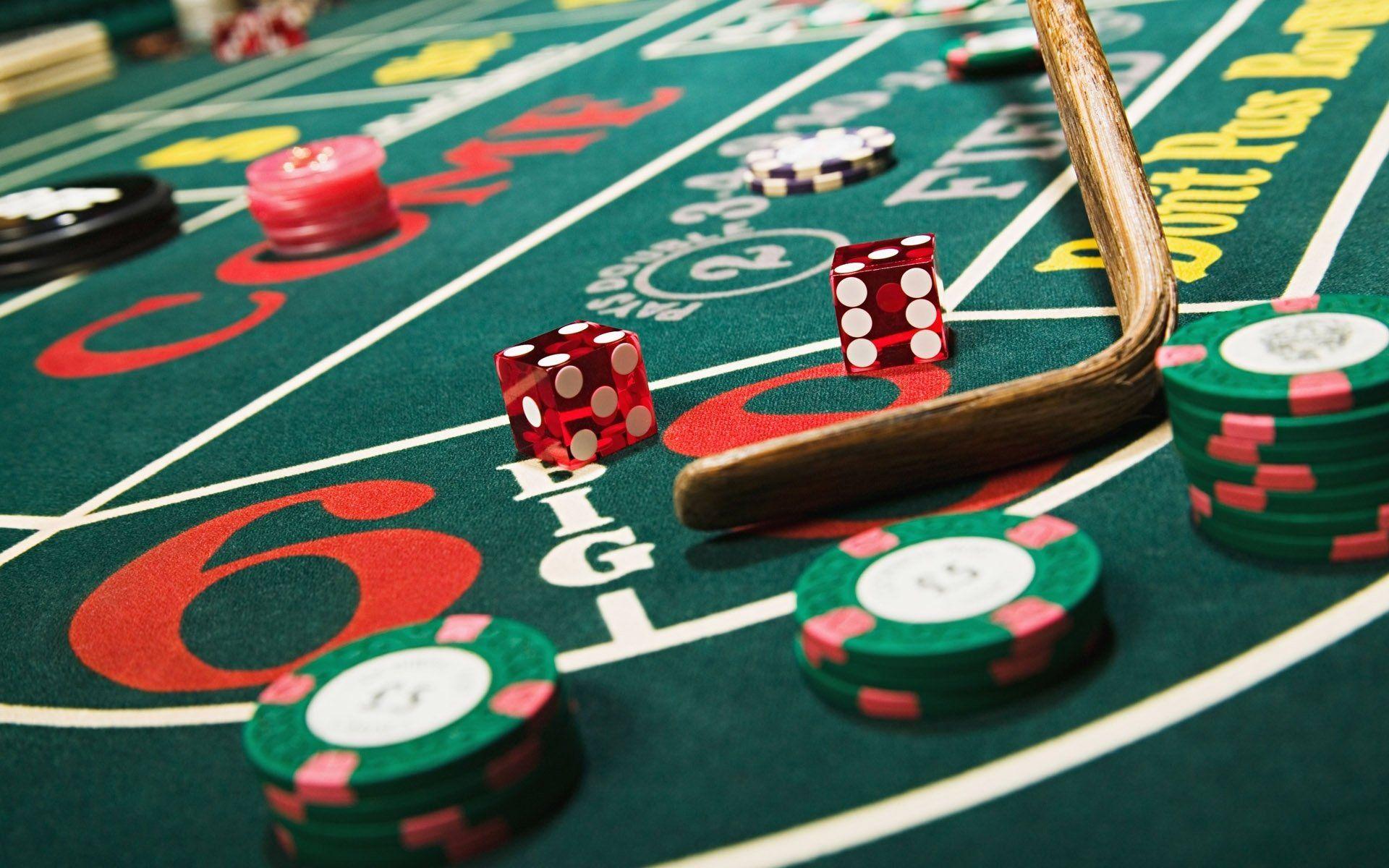
In the world of gambling, in which chance and strategy intersect, a unique tapestry of beliefs unfolds—one that intertwines luck, fate, and the enigmatic nature of casino games. Casinos, bustling with excitement and anticipation, are not just spaces for placing bets; they are also arenas where superstitions thrive. From the novice player to the seasoned gambler, these mysterious practices often shape how individuals approach the games they play, holding the belief that their actions can influence the outcome in ways that go beyond mere probability.
When players gather around roulette wheels, blackjack tables, and slot machines, the atmosphere is thick with stories of lucky charms, rituals, and codified behavior that defy logic yet provide a sense of comfort. It could be the case that it’s wearing a specific outfit, following a particular sequence of bets, or even avoiding certain numbers, the attachment to various superstitions reflects a deep-rooted desire to manipulate the uncontrollable. This article delves into the captivating world of casino game superstitions, examining the beliefs that simultaneously entertain and mystify those who dare to play.
Cultural Beginnings of Superstitions
Gambling games have long been connected with an host of superstitions that trace to primitive civilizations. The origins of these notions can be linked to humanity’s intrinsic need to manage the random outcomes associated with luck and randomness. okwintv bóng đá trực tiếp In ancient civilizations, games of chance were often linked to religious practices. Gamblers would seek aid or seek favor from gods, believing that their actions could change the outcomes in their favor. This basis laid the groundwork for the variety of superstitions that proliferated as gambling evolved over ages.
During the medieval period, betting became a popular activity across European nations, and with it, a colorful tapestry of superstitions developed. Participants adopted various rituals and charms, believing they could affect the consequences of games. The importance of numbers, in particular, started to appear in superstitions pertaining to card games and dice. The number 7 was often considered auspicious, while different numbers carried unfortunate connotations. These beliefs mirrored the cultural contexts of the time, adapting as they transferred through generations and adapted to new gaming environments.
As gambling houses appeared in the 1600s, particularly in the Italian peninsula and the French nation, the atmosphere surrounding gambling became steeped in mystery. The growing availability of gambling games allowed for the dissemination and variation of superstitions among players. Concepts like fortunate charms, special seating positions, and rituals gained prevalence, creating a distinct culture within gambling establishments. As these traditions continued to thrive, they became fundamental to the identity of gambling games, illustrating how history and tradition shape the belief systems that influence how players engage with luck.
Widespread Gambling Myths
Beliefs surrounding gambling games are abundant and varied, mirroring the hopes and anxieties of gamblers as they participate in random games. One of the most common beliefs is that specific digits bring luck or bad luck. For example, the number seven is often seen as a favorable number, frequently embraced by players looking for a positive result. Conversely, the number 13 is routinely considered cursed, leading many gamblers to steer clear of it during their gaming sessions.
Another frequent superstition relates to practices that gamblers believe can affect their odds. It could be blowing on dice before a throw, using a particular hand to place a bet, or even wearing specific items of clothing, many individuals feel that these rituals can tilt luck in their favor. These rituals offer a sense of power in an otherwise unpredictable environment, reinforcing the idea that fortune can be manufactured through individual beliefs and customs.
Finally, the environment and atmosphere of the gambling house itself contributes to superstition. Many gamblers suggest that the presence of certain symbols, such as four-leaf clovers or fortunate tokens, can enhance their chances of winning. Additionally, gamblers might adhere to the belief that victory streaks can be interrupted by mundane events, such as a person walking past or a accident at the table. The collective environment in a gambling house can amplify these superstitions, creating a communal culture of myths that transcends individual experiences.
Impact of Superstitions on Players
Superstitions play a crucial role in the psychology of gamblers, often influencing their behavior and choices. A lot of gamblers think that luck can be influenced through various rituals, such as donning a talisman, choosing particular hues, or steering clear of particular digits. This dependence on superstitions can create a sense of authority in an environment that is intrinsically unpredictable. Players often feel more self-assured and engaged when they think that their actions could sway the outcome of a game in their advantage.
The influence of these superstitions extends past individual players, affecting the general atmosphere within the casino. For instance, a player who believes in the luck of a particular slot machine might draw a gathering, as others are fascinated by their apparent luck. This shared belief can heighten excitement and create a lively environment, leading to an captivating experience even for those who may not necessarily be superstitious. The buzz around specific games can lead to increased participation and extended playing sessions, supporting the casino’s vibrant social scene.
In some cases, superstitions can lead to detrimental effects for players. Relying too heavily on rituals can result in bad gambling decisions, as some may overlook basic strategies in favor of unfounded beliefs. Additionally, the stress to perform rituals may heighten anxiety and tension, detracting from the enjoyment of the experience. Ultimately, while superstitions can enhance the excitement of playing casino games, they can also lead to unwise choices that overshadow the enjoyment and entertainment intended in the casino experience.